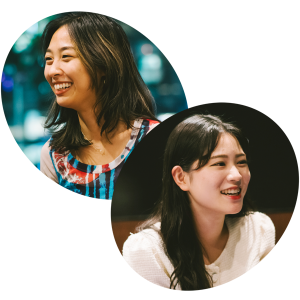A series in which students participating as interns at Future Design Shibuya conduct interviews about projects that interest them. This time, we spoke to Mr. Saza, the representative of SWiTCH, a general incorporated association that aims to create a sustainable society, mainly among young people.
*The following article was created by the intern student himself.
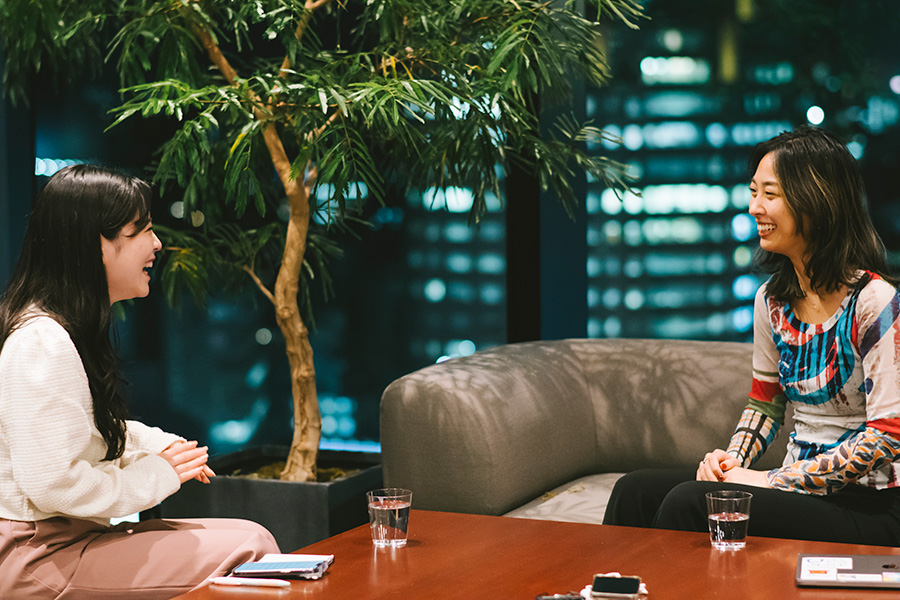
Takagi: First of all, please tell us about SWiTCH's activities.
Saza's activities are wide-ranging, but one is creating opportunities for dialogue with young people by inviting CEOs of front-runner companies in sustainability. This session will teach you how to implement sustainability-related measures within your company and make sustainability your own through the necessary mindset.
Additionally, we are working on the Japanese version of a teaching material aimed at people between the ages of 18 and 25 called ` `GEO-6 for Youth,'' which was created by the United Nations Environment Program over a three-year period. We want everyone to have world-standard sustainability knowledge, so we are also running a campaign called "Challenge 1.5℃" to have 3.5% of Japan's population = 4.4 million people use this knowledge.
Future Design Shibuya has launched a consortium called ``CNUD (Carbon Neutral Urban Design)'' with the aim of making Shibuya the most environmentally sustainable city in the world.
Our basic stance is to find out how we can survive on one planet, and to create a model case for new ways of living and working to achieve this goal. I think one of our strengths is that we have a diverse group of people working together in industry, government, academia, and the private sector, regardless of age, position, or industry.
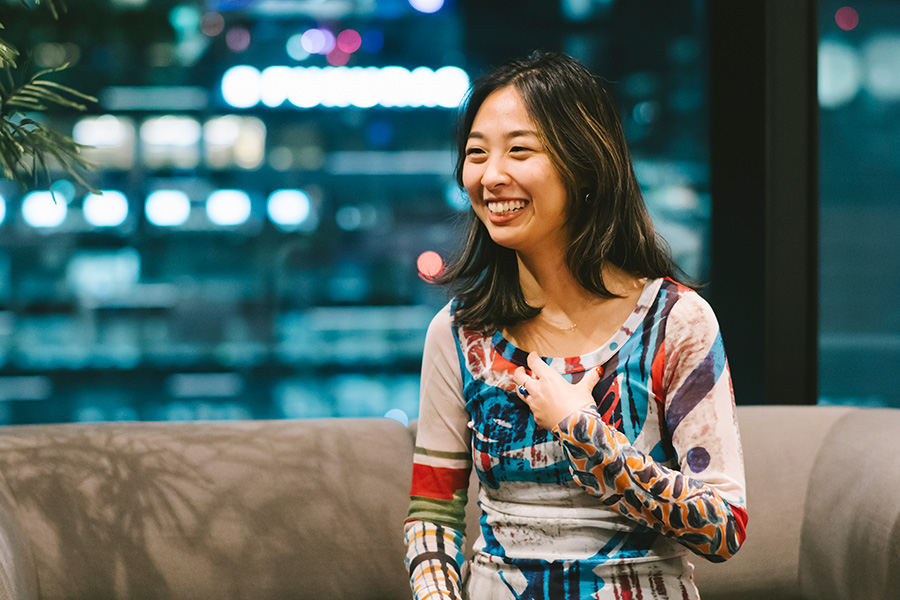
Takagi I see. I thought they were mainly doing activities for young people, but that's not necessarily the case.
Saza: Of course, young people are at the center of our activities. After all, the people who will be most affected by climate change will be the young generation in the future. In many cases, projects are born out of dialogue between young people like us, about what kind of future we want, and what we should do to create it.
What is important in this context is to properly share with society what young people are thinking.
There are many obstacles that young people cannot overcome alone, so although our activities are centered around young people, we also have a large group of adults who want to support us.
Mr. Saza Takagi, you said that you attended graduate school in the UK when you were a student, but do you feel that there is a difference in the environmental awareness of Japanese people compared to the rest of the world?
Saza: That's a good question. For example, in the UK and Canada, it is common to have your own bottle, use public transportation as much as possible, and people are very environmentally conscious, such as not using as much plastic as in Japan. When it comes to eating, there are many vegetarians, vegans, and pescatarians who only eat fish. Since this has become commonplace among citizens, stores are also conscious of this and are thinking about how they can create a wider variety of sustainable products by incorporating this into their branding. The current situation is that environmental awareness is not yet widespread in Japan.
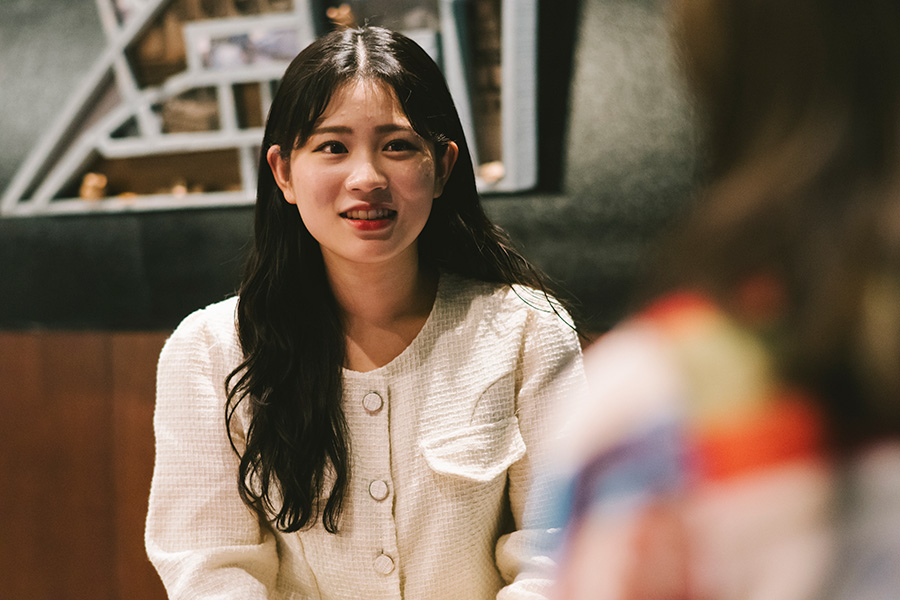
Takagi: That's right. What do you think is the reason why awareness of environmental issues is not widespread in Japan yet?
Saza: I think one of the reasons is that there is a low awareness of ``responsibility as a consumer.'' For example, when you go to the supermarket and buy fruit, the store staff puts the fruit into a plastic bag and then into a plastic bag. As a consumer, you should be able to ask the store why this is necessary. I think that in Japan, compared to Europe and America, consumers have given themselves a situation where they can continue doing things even if it is bad for the environment.
For example, if one of my friends uses plastic a lot, I might say, ``Isn't that strange?'' or ``Maybe we should use materials that are kinder to nature?'' and I might say, ``That's definitely better.'' I think you'll think that. I think it is the responsibility of people who are interested in environmental issues to consciously incorporate such things into their daily communication.
TakagiIt means that people who are interested will recommend it to others.
However, when I first became interested in environmental issues, I didn't know what to do first. I wanted to do something myself, but I didn't know what to do. If you were Mana, what would you recommend to people around you when they first became interested in environmental issues?
Saza: I think it's a good idea to start by knowing how much energy you're using. There's an app called `` Jibungoto Planet,'' and I think you can take the first step by using it to recognize how much of a burden you're putting on the environment.
Of course it's good to carry your own bag or bottle, but considering the amount of CO2 emitted by individuals, the impact is quite small. If that's the case, switching your home's electricity to renewable energy will have a bigger impact. I think it would be a good idea to prioritize how you can make a big impact and change your lifestyle.
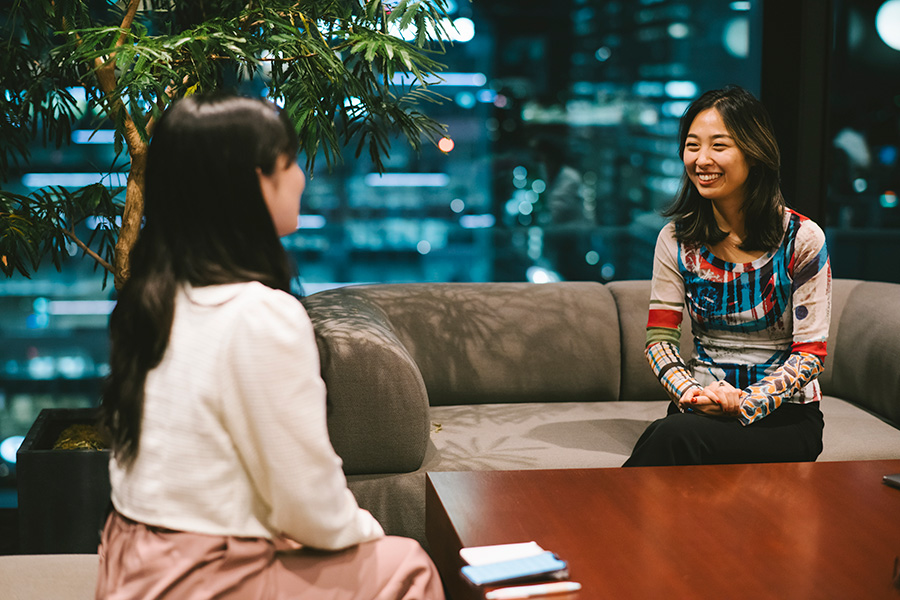
TakagiIs it important to know first?
Saza: That's right. If you are just doing things that seem to be good for the environment, this is called "greenwashing" and you end up just "pretending". If you're going to make a change, I think it's better to make a good impact and the actual experience will be completely different.
TakagiI think environmental issues are an area where the impact of each action you take is small, and it is difficult to see the results of your efforts. How does Mana maintain the motivation to continue working on environmental issues?
Saza: For that purpose, it is important to have indicators. For example, you can visualize the CO2 you are emitting and constantly check on the app how to reduce it.
My personal reason for promoting environmental action is that I want to see how Japanese people can contribute to the world with a positive impact by changing the way they live and work. I have friends from the Solomon Islands and South Africa, and their lives are already being greatly affected by climate change, and they are suffering from drought and rising sea levels. Japan ranks fifth in the world in terms of CO2 emissions, so it has a corresponding impact on other countries, but on the other hand, I think it also means that we can make a big contribution.
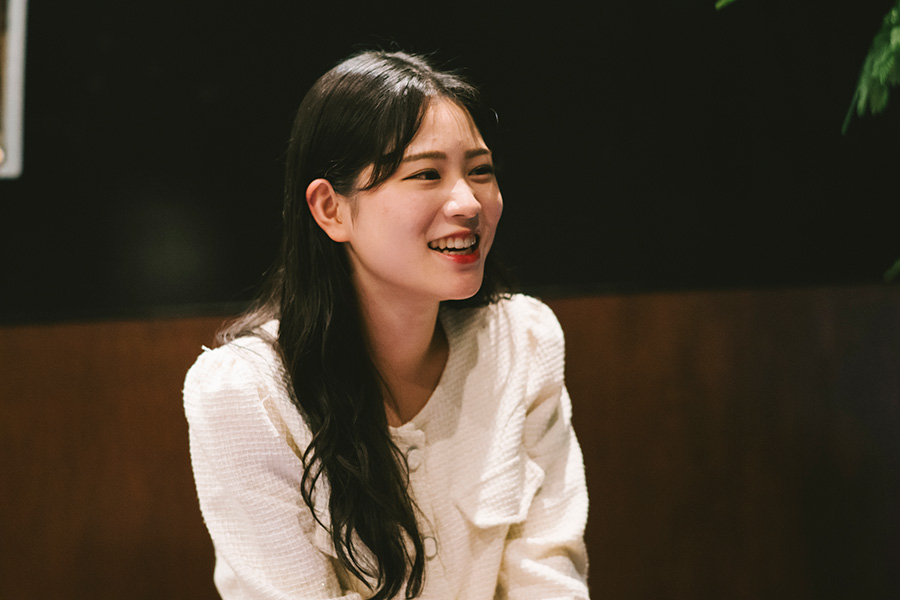
Takagi: Is it because someone close to you has experienced something like that, and because you know that, you want to do your best?
Saza: That's right. For many Japanese people, climate change may be hard to relate to, but those who work in agriculture or live close to nature clearly feel the impact. However, most Japanese people live in cities and are far removed from nature. I want people to think about what kind of climate change is happening in cities and how we need to change, and I want them to know that by changing their consumption, they can actually make a big impact.
It's very difficult, but we have to do it, so we want to change things from Shibuya, so we're also collaborating with Future Design Shibuya. Shibuya is a city known to people all over the world. Also, it has the aspect of being a city for young people. I believe that if Shibuya can communicate more about the environment to the world, it will have an impact both internationally and domestically.
Lastly, Takagi, could you give a message to young people in urban areas such as Shibuya?
One thing I want young people in the Saza metropolitan area to do is to understand the impact of their lives on the environment.
Second, learn the word climate crisis and listen to the voices of scientists. Scientists are now calling for everyone to take action to combat climate change. In reality, we only have a short amount of time left, so listen to the voices that are ringing the alarm. The third thing is to make friends to work with. If you don't just know about climate change yourself, but if you know that climate change is terrible, tell the person next to you. It is important to think about this together.
Fourth, make an effort to have your opinions reflected in local governments, companies, and politics. When you visit a company for job hunting, you should ask questions such as, ``Is your company doing something sustainable?'' ``What is your plan?'' ``If not, how are you going to change it?''
Fifth, expand your network. Don't just ask society once, but actually put it into practice and increase your number of friends.
The first step is to know. If you can make friends and have fun and spread the word, you can continue.
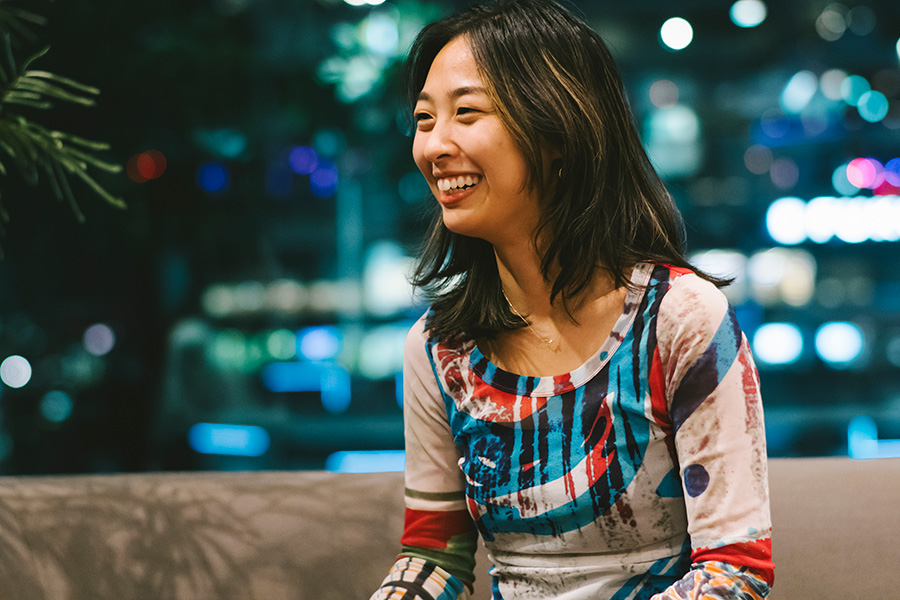
Takagi:If we can make it fun, it will spread a lot.
Saza: Yes. In this respect, I think it is important for young people to be flexible, think about what they can do together, and create friends who can run together.
Takagi: I will also do my best to make friends and have fun while working together. thank you very much.



